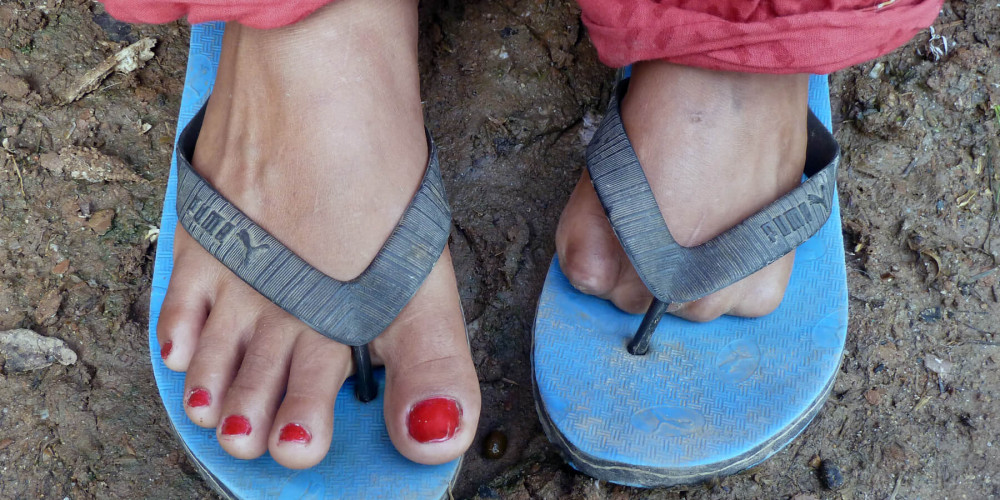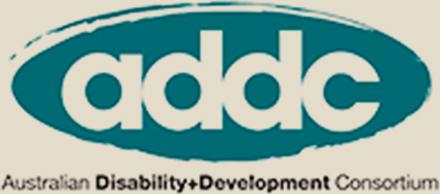KIT Blog
The rest of the world forgets about Neglected Tropical Diseases. Thank you for seeing this need.
-
 Admin
Admin
- Sep 22, 2016
- Uncategorized
Neglected tropical diseases are a collection of eighteen devastating diseases. Leprosy is just one of them. Many of the diseases have confusing, unpronounceable names. This hasn’t exactly helped them get noticed by generous people willing to help out. So thank you for noticing this need. They are all caused by tiny creatures that damage the human body: bacteria, protozoans (single-celled animal-like creatures), worms and viruses. Leprosy is caused by the bacteria M.leprae and M.lepromatosis. The other diseases caused by bacterias are Buruli ulcer, Leprosy, Mycetoma, Trachoma and Yaws. Protozoans are the cause of Chagas disease, Leishmaniases and Sleeping sickness (Human African trypanosomiasis). Worms cause Echinococcosis, Foodborne trematodiases, Lymphatic filariasis, Schistosomiasis, Taeniasis and neurocysticercosis, Guinea worm disease (Dracunculiasis), River blindness (Onchocerciasis) and Soil-transmitted helminthiases. Viruses cause Dengue and Chikungunya, and Rabies. Australians don’t have to worry about these neglected tropical diseases too much. We generally have access to a robust health system and good living conditions–all factors that can keep outbreaks at bay. They still pop up here on occasion though. But they don’t need to be an urgent domestic priority for Australia.
Unchecked, these diseases debilitate, deform, blind and kill millions of people every year.
For people in other countries, they’re not as easy to manage. Neglected tropical diseases disproportionately affect the most vulnerable people on earth. People that live in remote, rural areas, or urban slums. People with poor health literacy and limited access to health services. People without sanitation, clean water, and living in poor conditions. People who live in conflict zones or natural disasters. People living in tropical or sub-tropical environments. Around 70% of people affected by neglected tropical diseases are children. These shared factors mean that when someone is affected by any one neglected tropical disease, they’re often affected by another one too. In fact, every low-income country is simultaneously affected by at least five different neglected tropical diseases. Unchecked, these diseases debilitate, deform, blind and kill millions of people every year. This only further stunts economies, keeping people in the poverty that makes them vulnerable. It’s a tragic cycle.
But when people help fight neglected tropical diseases, the results are incredible because the tools are generally so inexpensive. There have been some incredible successes. There’s every reason to stay optimistic. Right now researchers are developing a new drug that could treat three neglected tropical diseases: Chagas disease, Leishmaniasis and Sleeping sickness. This new treatment could save the 50,000 people who die from these diseases each year. River blindness is on its way out of existence. Other researchers are now trialling a leprosy vaccine in humans and others are exploring ways to disrupt pathogenic bacteria, like those that cause leprosy, and its ability to function. It’s too early to say what this research will mean on the field, but these types of tests are exciting and can spark world-transforming developments.
Around 70% of people affected by neglected tropical diseases are children.
Strategies for dealing with neglected tropical diseases have long emphasised the development and mass administration of drugs. These remain an important part of our work against neglected tropical diseases.
It’s also important that drugs are integrated with other initiatives that help sustainably reduce the burden of disease. These include the building up of health systems, improving sanitation facilities and increasing access to clean water, developing local economies, educating communities and training health workers to identify diseases in the field.
Your projects obviously help people affected by leprosy. But by improving living conditions and developing local communities, you’re also safeguarding people from being vulnerable to other neglected tropical diseases. Self-care for people affected by leprosy can also prevent disability caused by these other diseases. In Timor Leste and Nigeria you’re also directly helping people affected by Lymphatic Filariasis and Buruli ulcer. In Nigeria you’re also helping target other neglected tropical diseases like Guinea worm, River blindness and Schistosomiasis.
The fight against neglected tropical diseases will be won. Until that time, diagnosing, treating and rehabilitating those affected by neglected tropical diseases will remain a global responsibility. It’s also one that everyone can support. You’re already fighting these diseases. Thank you.












